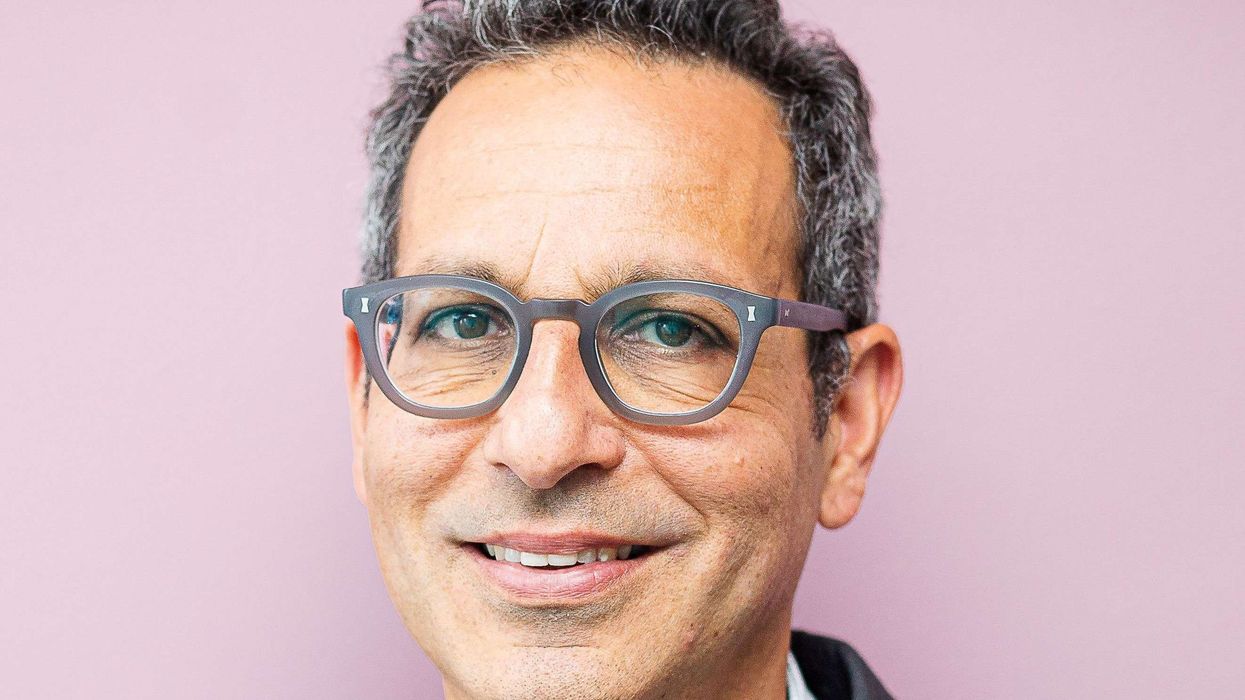The use of stop and search by police officers in England and Wales has increased in the last year, official figures show.
There were 370,454 stop and searches conducted by forces in the 12 months to March 2019, up from 279,728 in the previous 12 months.
This rise follows a decline in the use of the power between 2010 and 2018.
The largest ethnicity group searched were white people (187,761), followed by black (70,648). But, BAME people were still more than four times more likely to be stopped than white people, it was revealed.
An equality impact assessment published by the Home Office last Thursday said evidence pointed to a disparity in the use powers on individuals from BAME communities, especially black men compared with white men.
“It is possible that this disparity is at least in part a result of discrimination/stereotyping on the part of officers and forces carrying out searches under s60.”
Looking at possible effects of relaxed conditions, the report said: “If we are to assume that disparity rates in the use of s60 persist, then it is likely more BAME individuals are searched under this power despite not committing any offences.
“Given the potentially negative impact on trust in the police that an increase in stop and search might have, this would probably risk having a negative effect on a part of the community where trust/confidence levels are typically low.
“Since trust in the police and co-operation with them is often necessary for effective community policing, such changes may create broader issues.”
In August this year, Patel loosened restrictions on the use of emergency stop-and-search powers for all forces across England and Wales.
She told the Sun on Sunday that she would ensure police had "the powers they need to protect the public."
Patel said: Police chiefs are clear — stop and search can be an important power in the fight against crime. I fully agree. I want police officers to have the confidence to use this power, safe in the knowledge that I am behind them all the way.
"It’s the criminals who should be running scared, not the innocent, law-abiding public.
"Just one knife seized during a stop and search could be one life saved. Last year, there were nearly 7,000 arrests for weapons as a result of stop and search."





 Mark Easton
Mark Easton And , Sue Baker OBE
And , Sue Baker OBE






